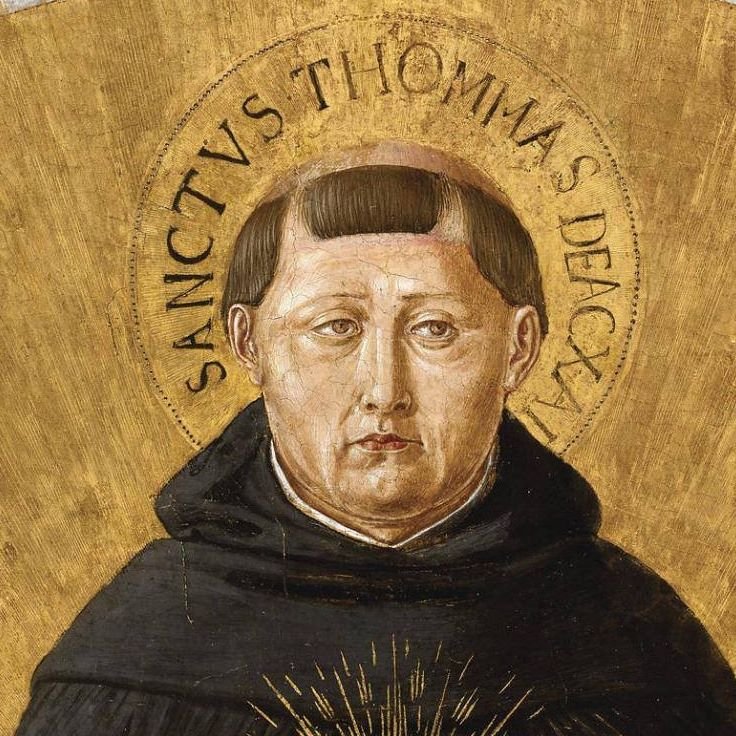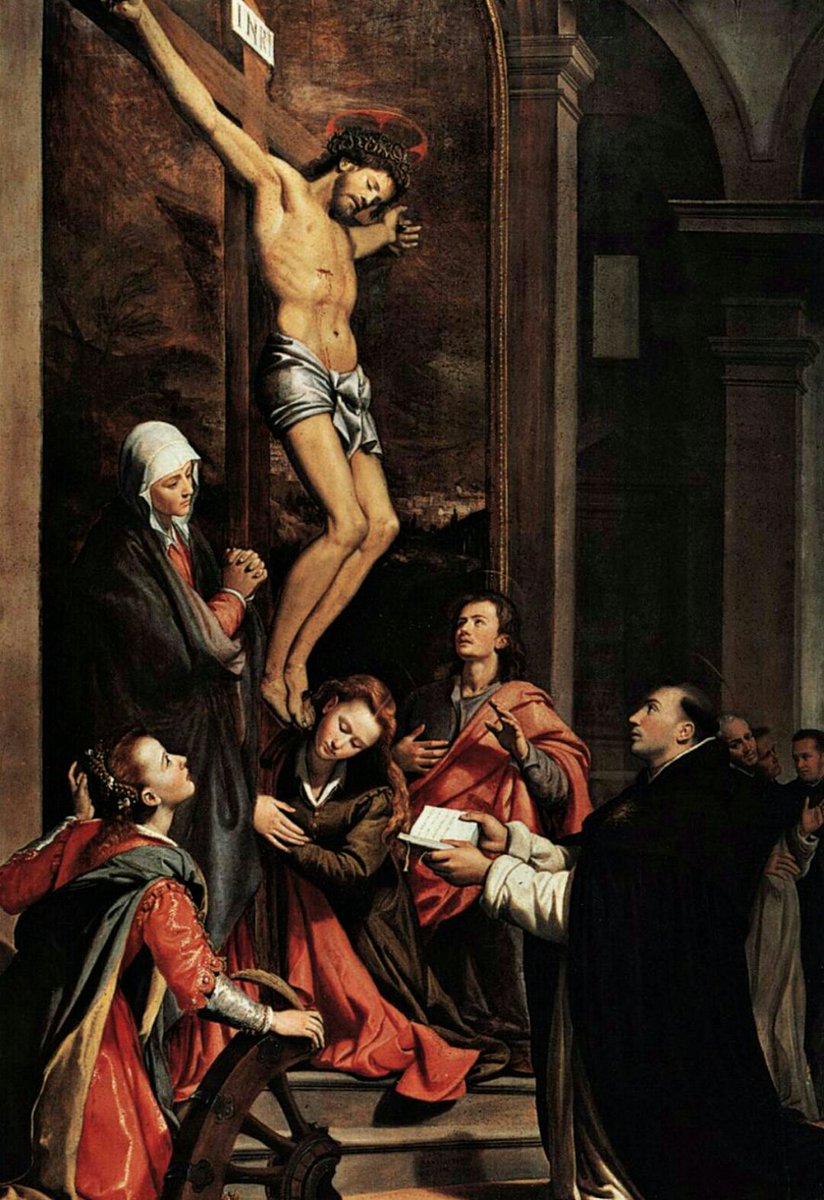Candlemas 2019
/
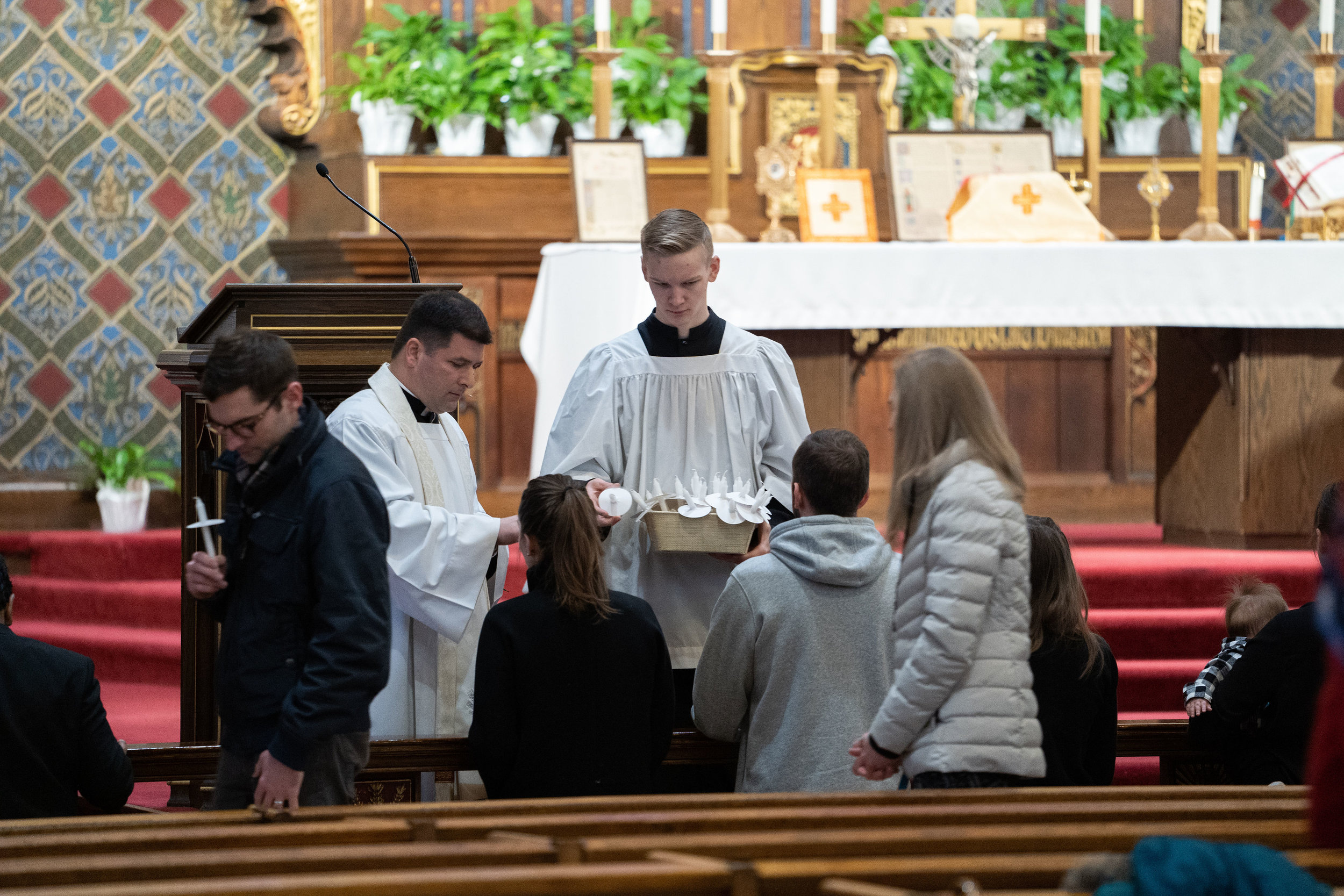
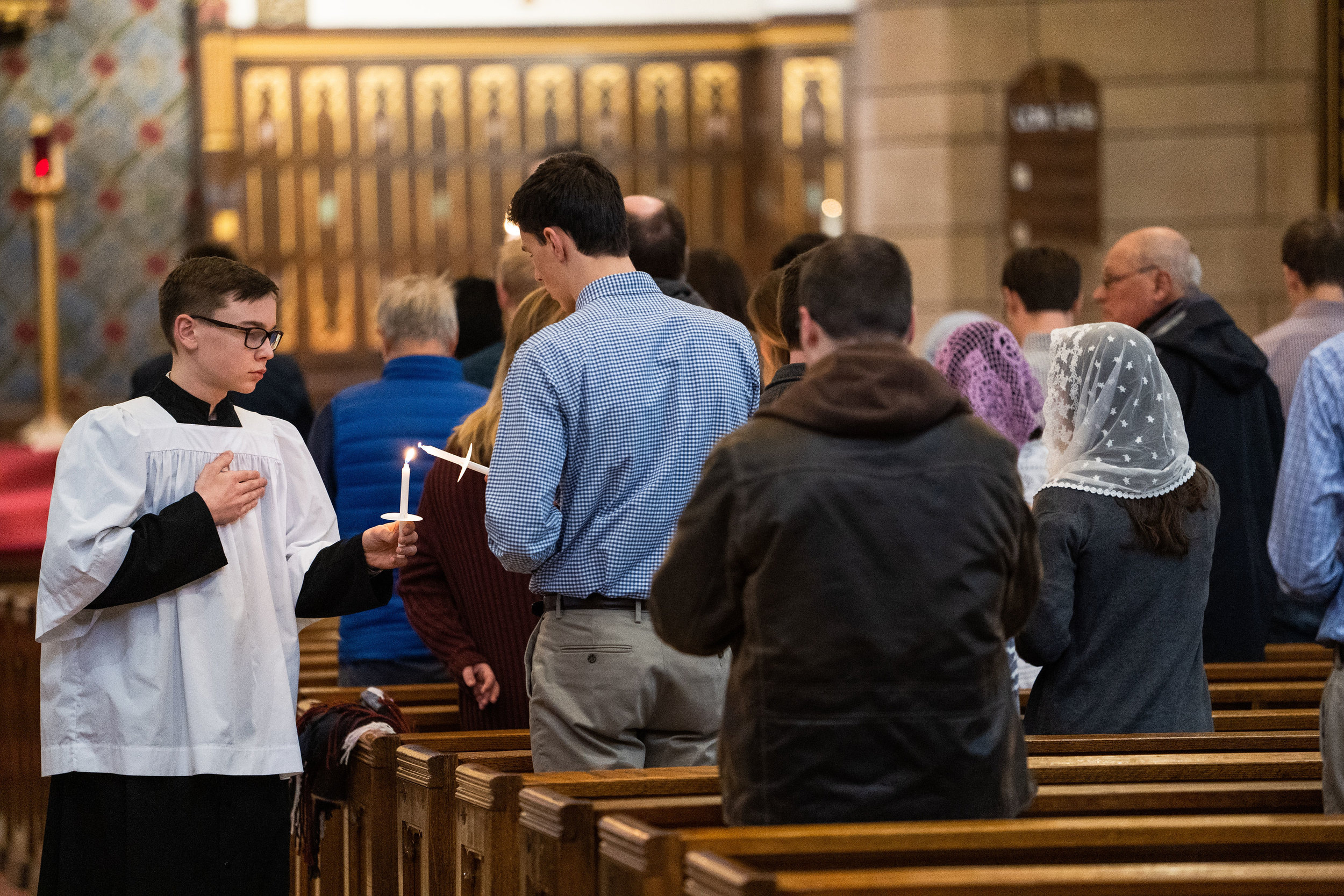
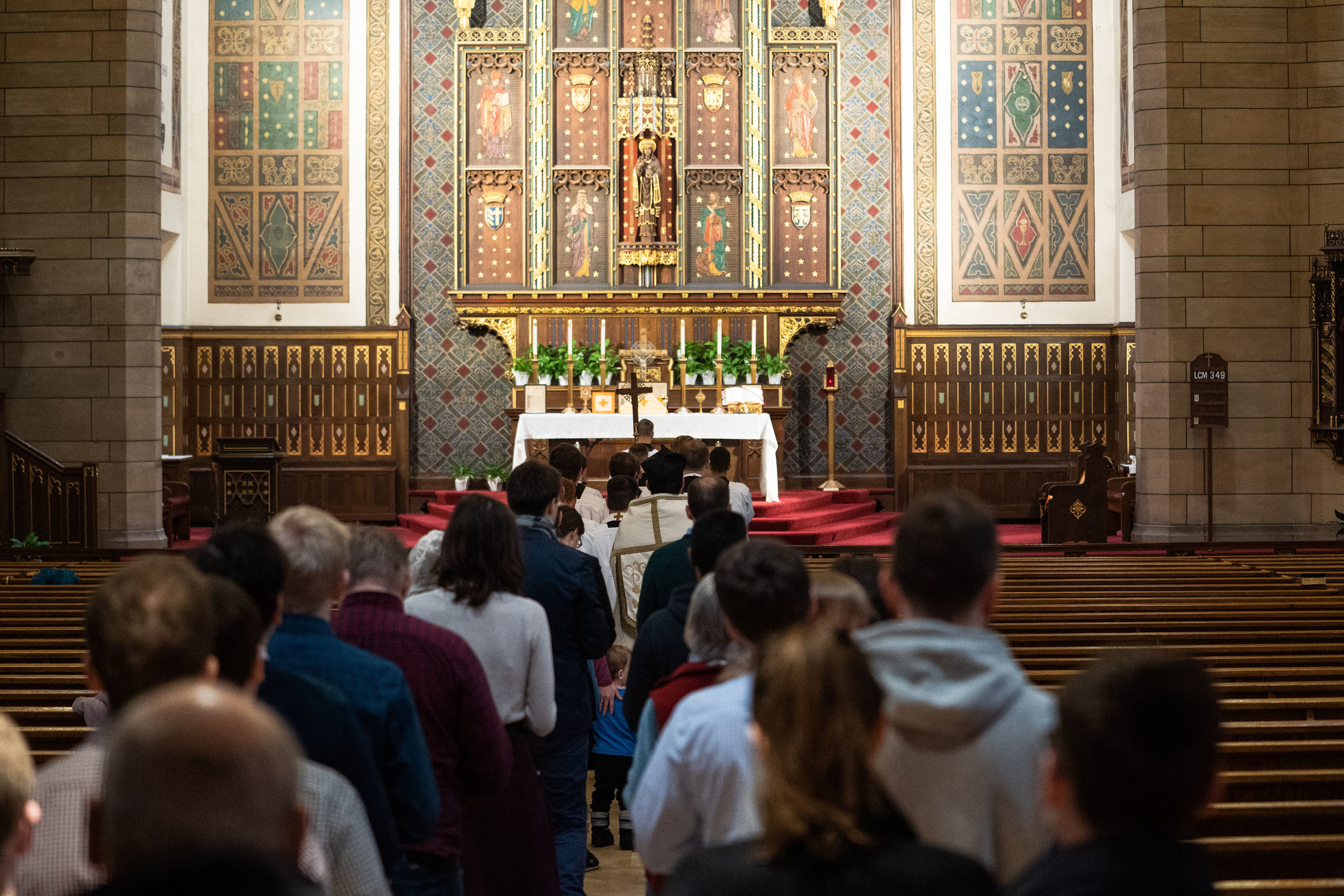

Photo Credit: Lucas Richard Photography
They say that the first time it’s a fluke, second time it’s a coincidence, but the third time, it’s a tradition.
Or at least, just as much can be said about the Roccasecca Project during Candlemas. By now a budding tradition within the St. Thomas Catholic alumni, the Church of St. Mark hosted for the third consecutive year a Tridentine mass and seasonally appropriate lecture.
This year, Roccasecca had the distinction of hosting Dr. David Deavel, who premiered his piece on the mystery of Candlemas that was later featured in the Catholic World Report. As a Chestertonian, Dr. Deavel looked at the issue from the perspective of the “Jolly Journalist” – of the Feast of the Presentation as the fruition of the Nativity, which is itself the fulfillment of the promise God made to all men.
This promise was to illuminate what was best in man, and what was best in man is revealed in flesh at the incarnation. But as Chesterton, and subsequently Dr. Deavel noted, such a revelation can only be qualified by faith.
This was not some addition of an alien quality wholly unknown to man – something he must “evolve” into. Nor is it the actualization of some deeply-possessed potential common to all. Grace is more than just self-improvement on the one hand, or evolution on the other. Rather, it is the illumination through grace of the truth one always knew. The shepherds keeping watch over their flocks, the magi attuned to the movement of the celestial world, and those like Simeon and Anna, who kept constant vigil at the Temple, were merely brought into the fullness of a life they were already living. One as living witnesses to the light of God.
Even the demonic presences in the world react the same way. Whether it be King Herod or the devils themselves, the revelation of Christ stirred something of a deeply-held dread they heretofore could only imagine to be real. Grace to them is their natural antithesis, and they recoil from it with the same instinct as those which drive those more properly disposed to be drawn to it. Gnosticism this is not. Therapeutic self improvement this is not. It is instead the action of grace upon the soul, which the soul is free to accept or reject of its own free will. And of its own free will the soul can chose to either attempt to conceal or reveal the light that God sends upon the world.
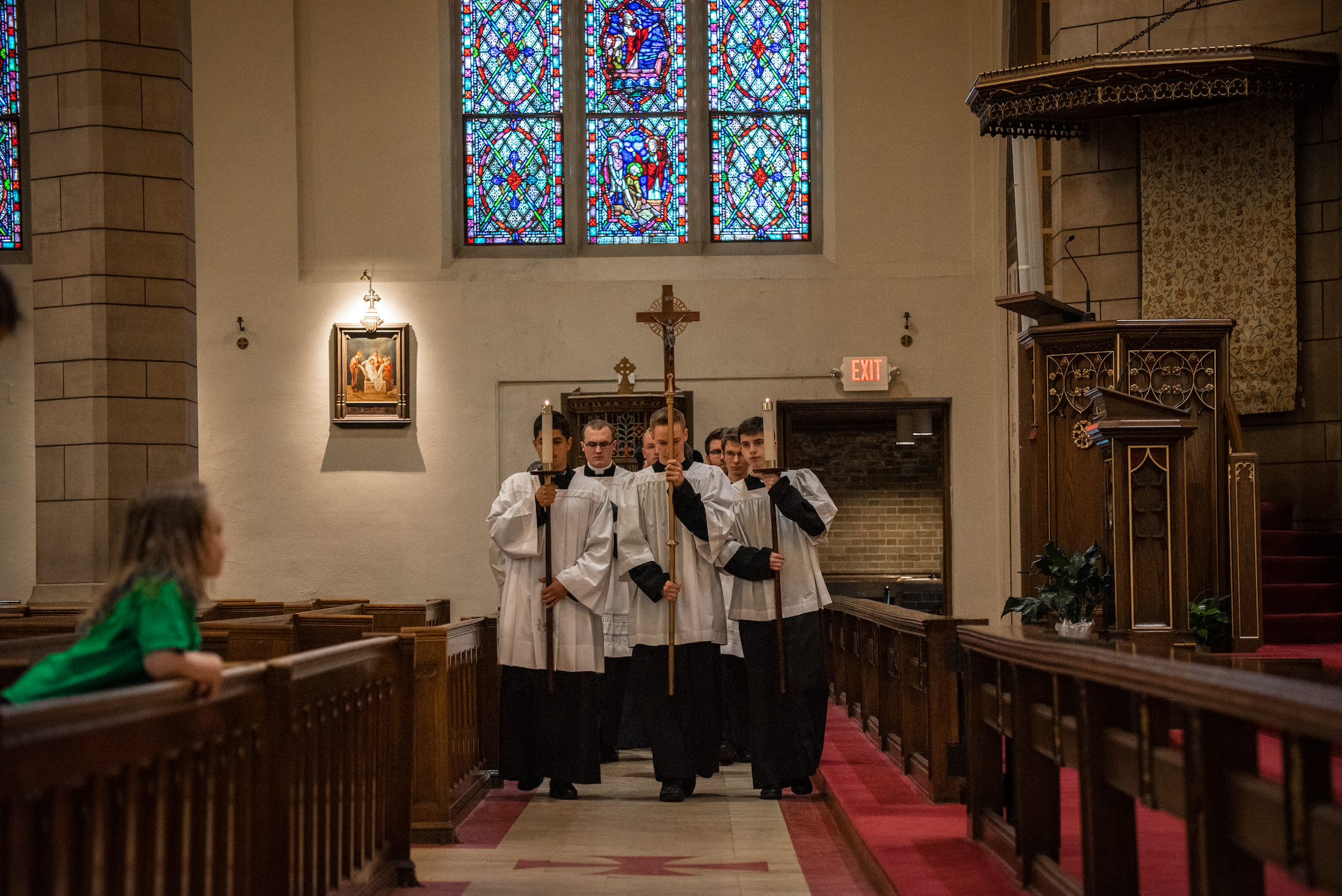
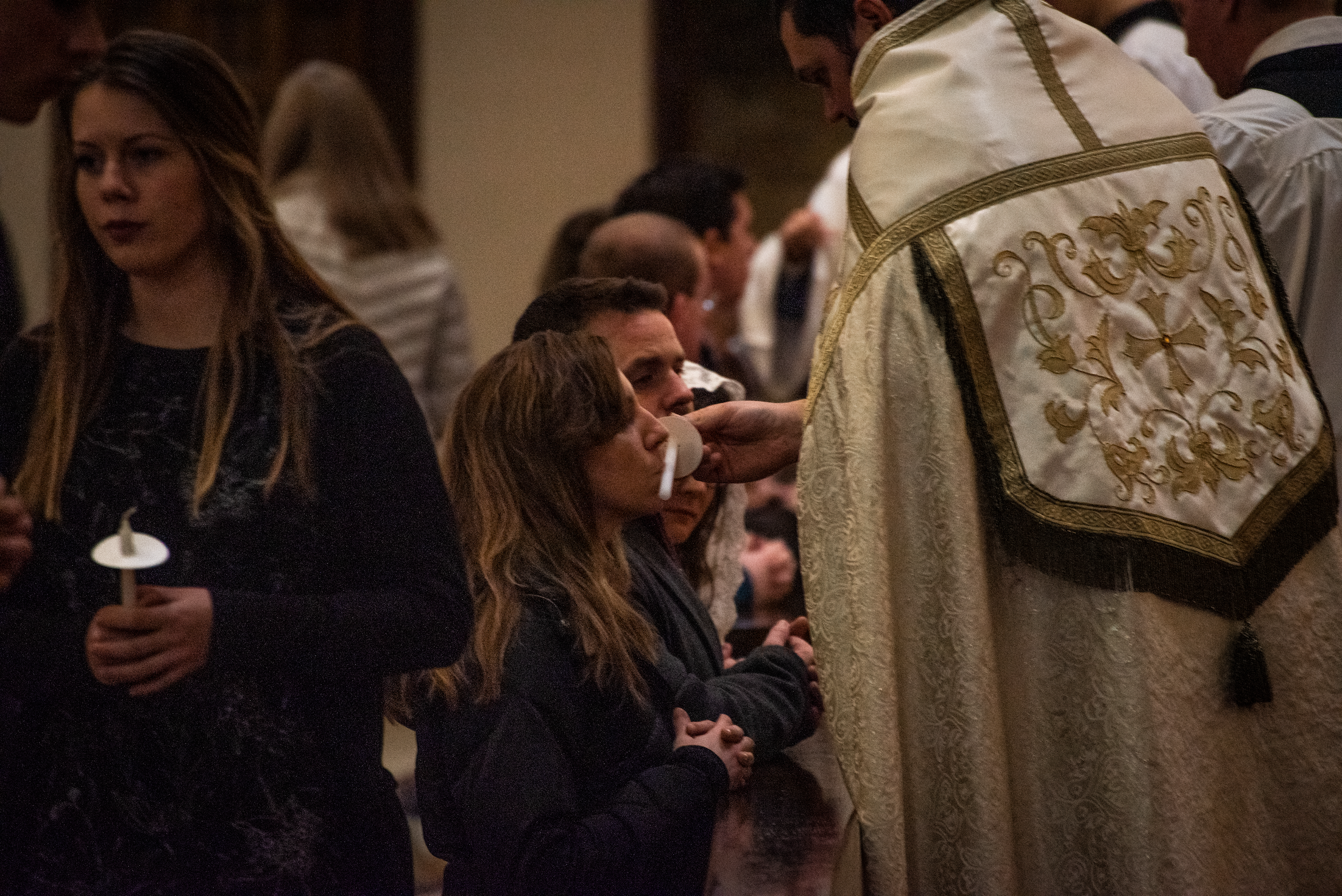





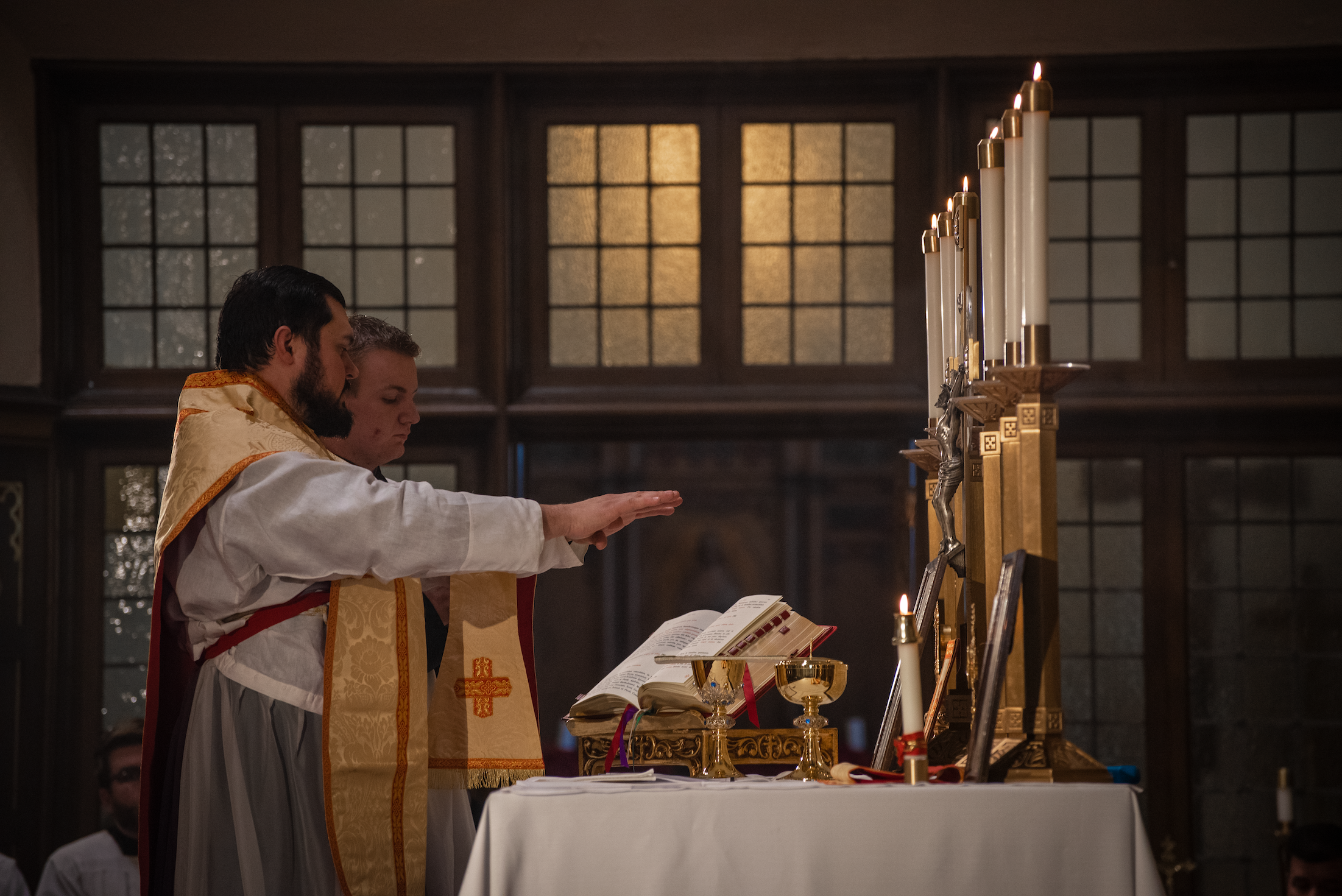
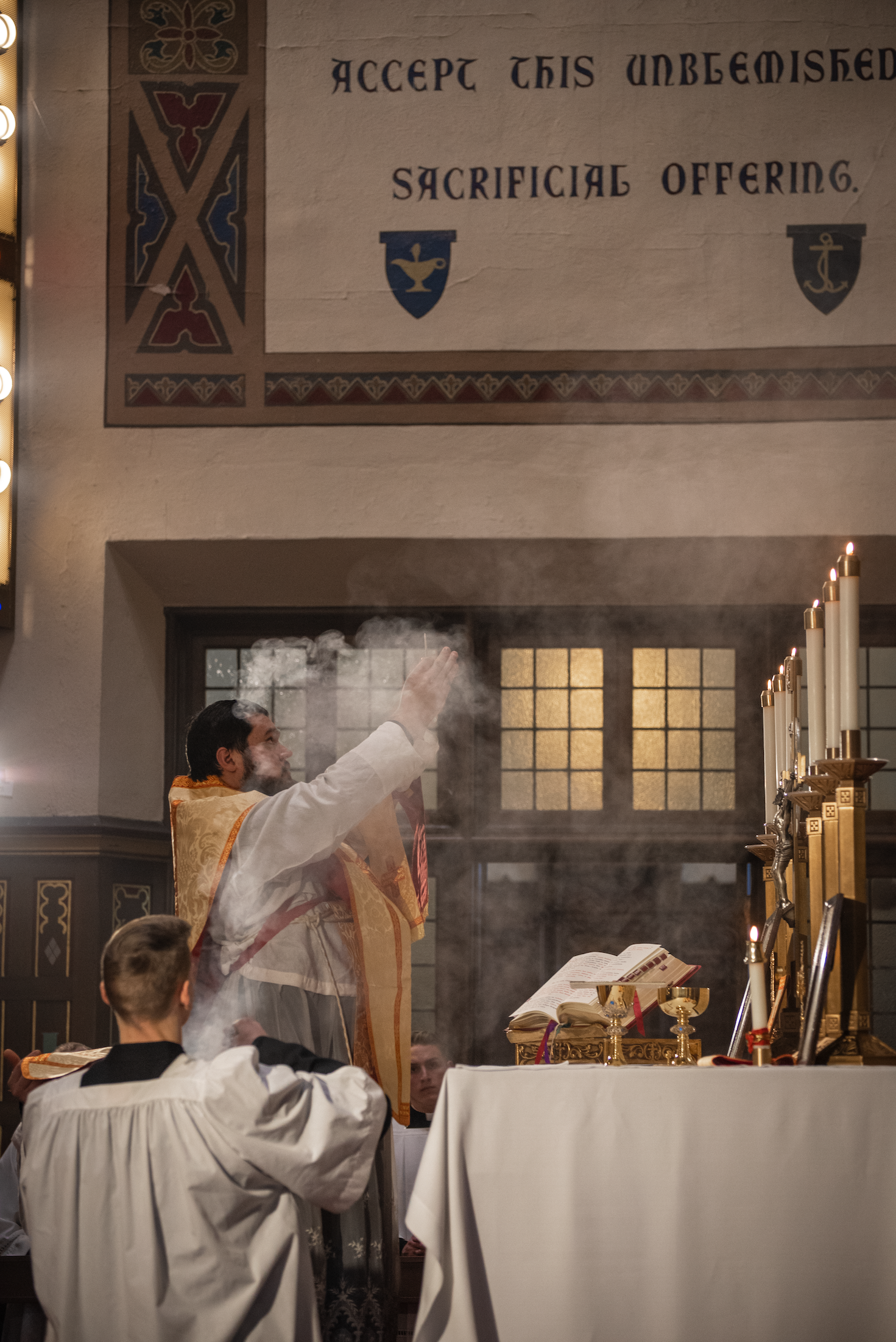
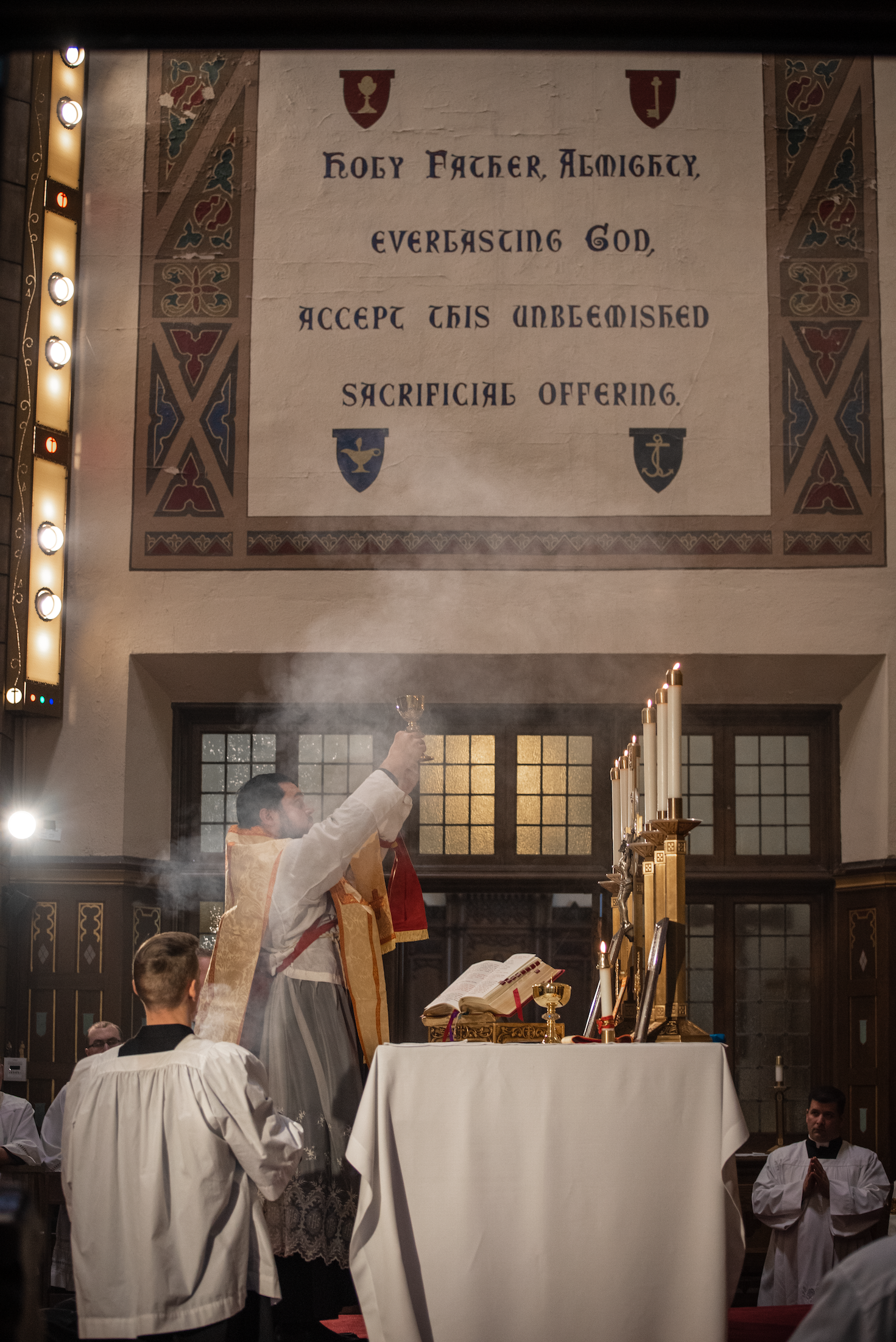
Photo Credit: Zachary Jones
